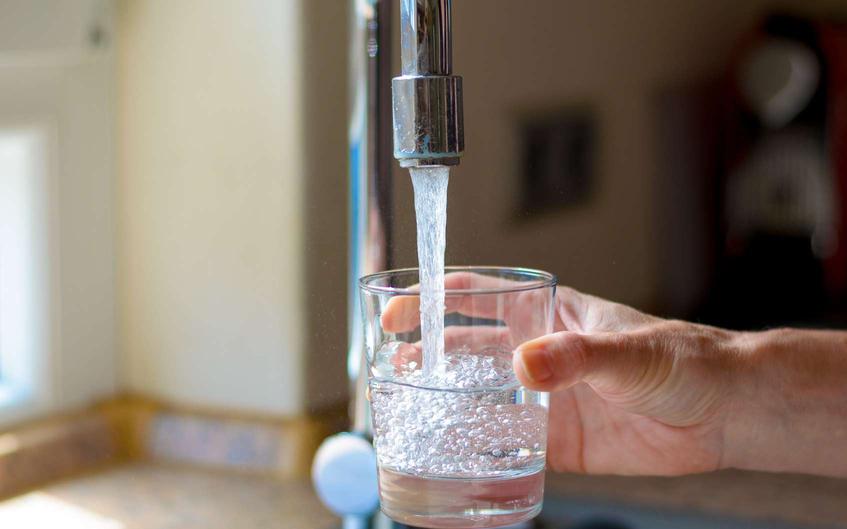
Why is water said to be "hard"?
Do you like our Questions/Answers?
Subscribe to the Le weekend newsletter to receive our best publications on Saturdays and Sundays.
Water hardness scale, expressed in French degrees (°f). © Bionet CC by-sa 3.0
You may also be interested in this
The hardness of water reflects its concentration of dissolved minerals, more specifically calcium (Ca2+) and magnesium (Mg2+) ions. The higher this concentration, the harder the water is said to be.

The hardness of water is due to its passage through the subsoil where, in contact with rocks such as limestone, it has dissolved certain minerals.
This hardness is expressed in French degrees (°f) which is equivalent to 4 milligrams of calcium ions or 2.4 milligrams of magnesium ions. We consider that water is hard from 25°f.
Interested in what you just read?
Subscribe to the newsletter Question of the week: our answer to a question that you are inevitably asking yourself. All our newsletters
!
Thank you for your subscription. Glad to count you among our readers!
Associated definition
What does "limestone" mean?
Tags:







